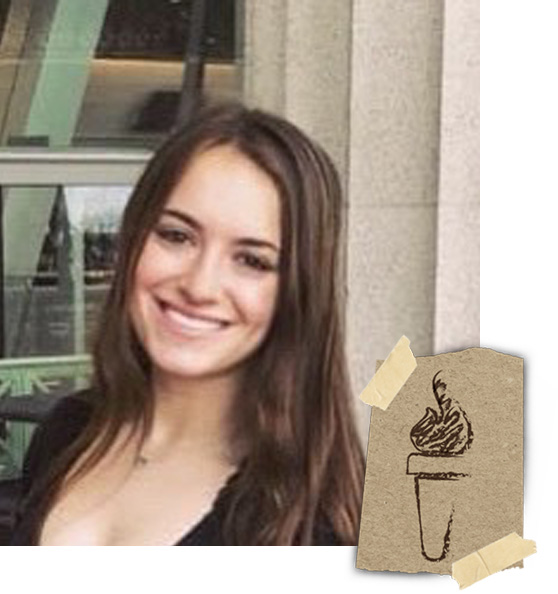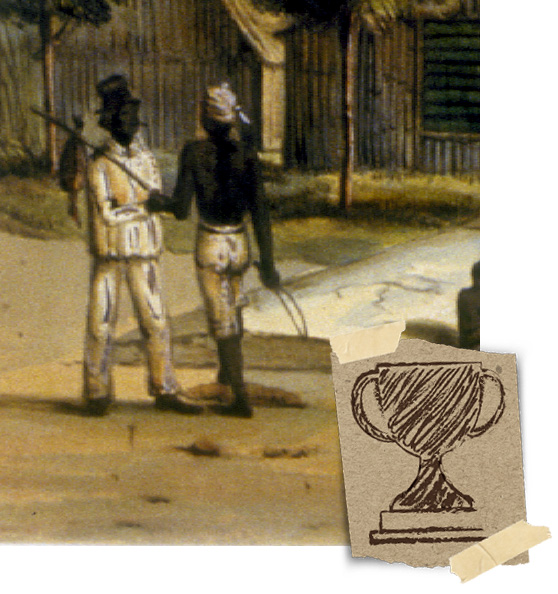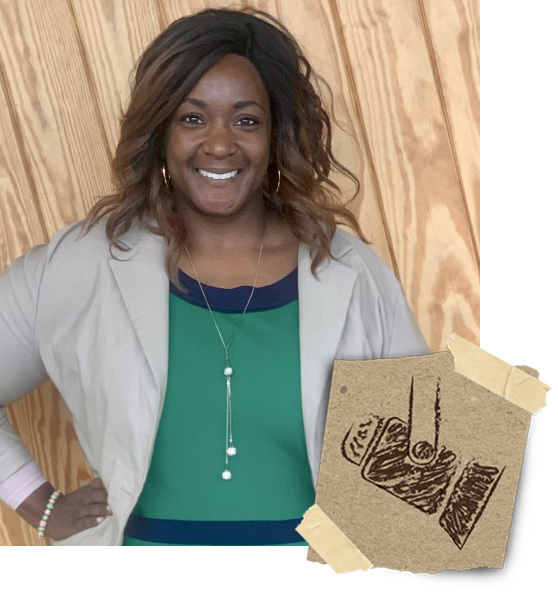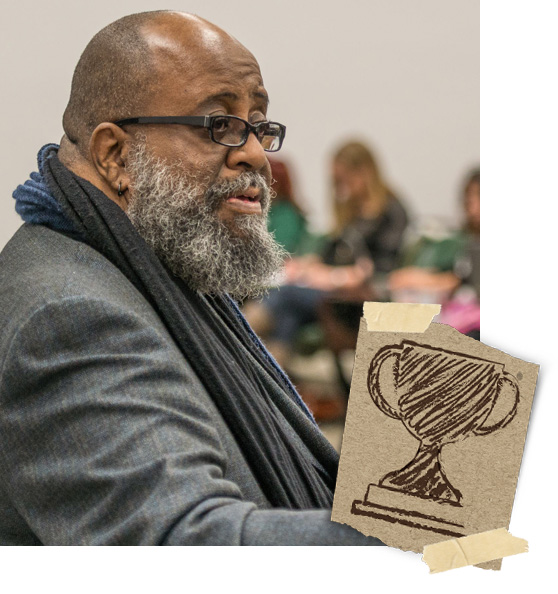Allie Klein - Diversity Torch
August 18, 2020
 Allie Klein is a fourth-year undergraduate majoring in Political Science, who took a “Slavery and American Popular Culture” class with SSC’s Dean’s Research Associate Program scholar, Nakia Parker, in which she produced a paper on how black women have been imagined in selected works of popular cinema.
Allie Klein is a fourth-year undergraduate majoring in Political Science, who took a “Slavery and American Popular Culture” class with SSC’s Dean’s Research Associate Program scholar, Nakia Parker, in which she produced a paper on how black women have been imagined in selected works of popular cinema.
Allie Klein: The intersection of privilege, perspective, and media portrayals of slavery
Many college students and graduates can relate to the experience of having a pivotal class that moved them on a deeply personal level. For political science senior Allie Klein, that course was HST 201, taught by highly-esteemed MSU historian Dr. Nakia Parker.
"HST 201 is a historical methods and skills class, so it's a course for helping students learn how to "think historically.," explained Dr. Parker. "The theme I chose for the class was 'Slavery and American Popular Culture.'"
"We analyzed how the institution of chattel slavery has been depicted in U.S. popular culture and how and why the topic of slavery still remains relevant today. With that foundation, we then analyzed how the institution has been depicted in film, art, literature, music, and the controversy over Confederate monuments."
For Allie, it was an eye-opening course. " When learning about American slavery, it's sometimes hard for me to relate to, because I have a lot of white privilege. I respect that. I will never understand what it's like to have a heritage like that," Allie noted. "We focused a lot on the media aspects of slavery: how it was portrayed in movies and magazines, how it was skewed based on who was producing the content."
As a final project, Allie wrote a stand-out essay about the portrayal of domestic workers in Gone with the Wind (1939) and The Help (2011). Her essay highlighted the progress evident in Hollywood's depiction of Black women and their stories, but also the further need for improvement. The following excerpt from Allie's conclusion embodies her analysis of the two films:
"Though [ The Help's ] depiction is far from perfect, and inaccuracies exist in the true socioeconomic and cultural portrayals of these characters, by comparing these two films it is quite clear that strides were made and the portrayal of these women changed for the better. There was a clearA struggle with filmmakers in making these necessary changes when The Help was filmed, but their efforts to produce more well-rounded, and strong characters suggests a step in the right direction."
The essay stuck out to Dr. Parker, and demonstrated Allie's commitment to the class. " Allie's paper on analyzing Mammy stereotypes in the movies Gone with the Wind and The Help demonstrated how her analysis, writing skills, and understanding of the intersections of gender and slavery blossomed over the semester,"said Dr. Parker.
Noting Dr. Parker as an extremely influential and inspiring professor, Allie left the course with a renewed understanding of slavery, and a healthy cynicism toward media and its ability to skew perceptions of social issues.
"I think it's important to take what the media says with a pretty big grain of salt, because all media is biased to a certain extent," Allie reflected. "This course taught me about my own privilege, and how important it is to recognize and apply that privilege to what I look at and what I read on a regular basis."
She continued, "It's very easy to dismiss racial issues as 'not my problem,' but it is. It's everyone's problem."
Read more:

Diversity Champion
Faculty/Staff
Diversity Digital History Project
Enslaved: Peoples of the Historic Slave Trade, curated by Drs. Walter Hawthorne and Dean Rehberger, in which they compile in a single space, archives, databases, and collections that help us understand the experiences of enslaved Africans.

Diversity Spotlight
Alumni
Dee Jordan
Dr. Dee Jordan, the first African American woman to graduate with a PhD from MSU's Department of Geography, Environment, and Spatial Sciences and MSU's Environmental Science and Policy Program.

Diversity Champion
Faculty/Staff
Carl Taylor
As a leading scholar of poverty, gangs, and the “third city,” in inner city Detroit, Dr. Carl Taylor has shaped our understanding of the longue durée effect of the slave trade and its abolition.

Diversity Matters
We strive to cultivate an inclusive and welcoming college environment that celebrates a diversity of people, ideas, and perspectives.

